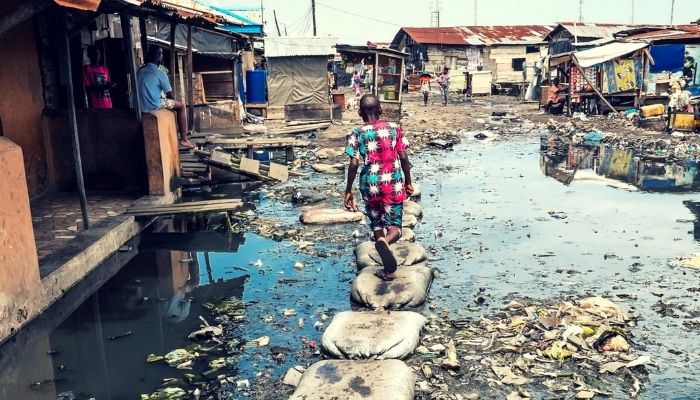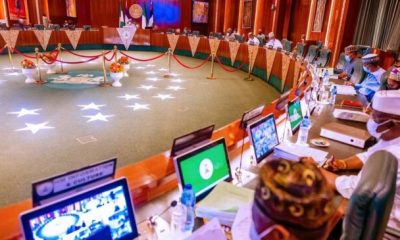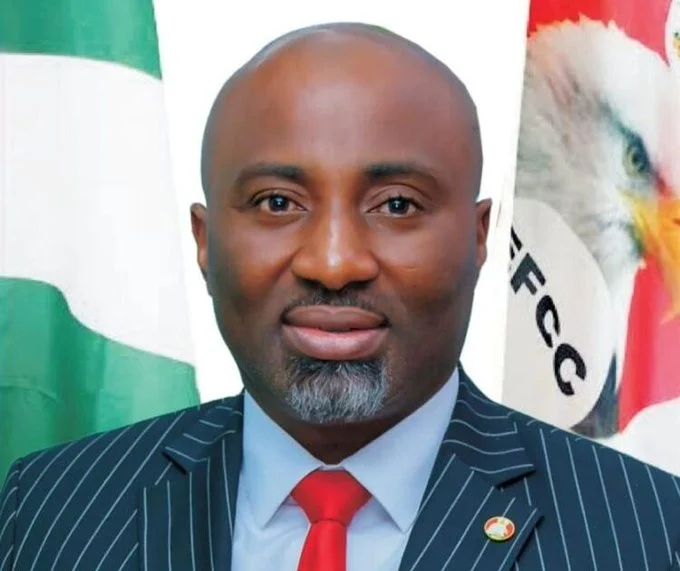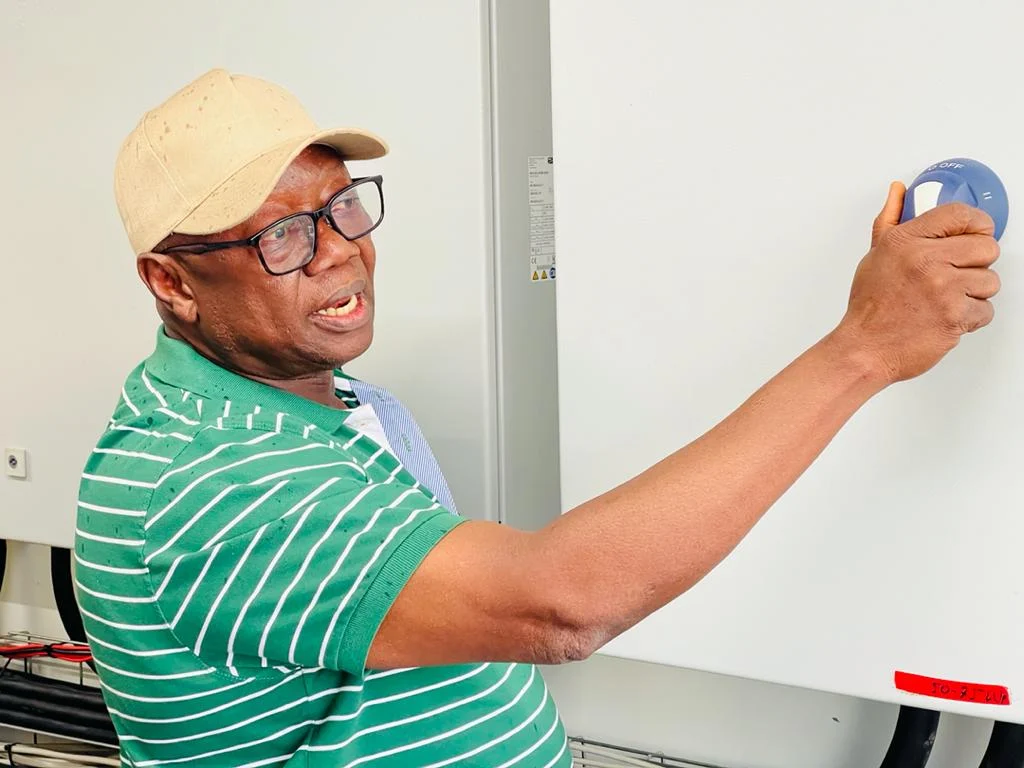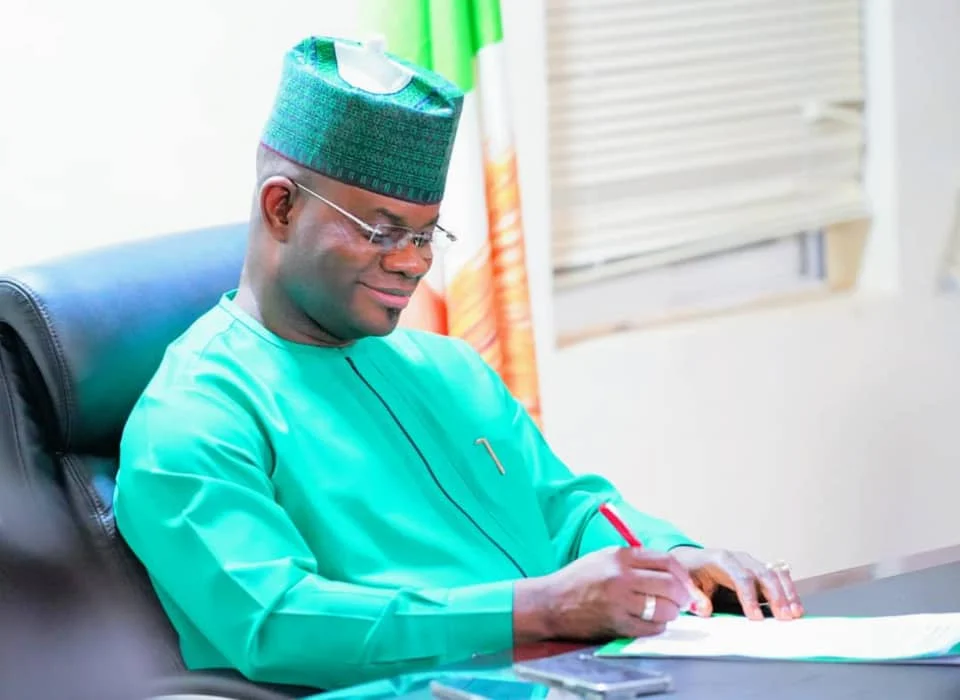The Federal Government has put the blames for the high rate of poverty in the country on state governors.
Clem Agba, minister of state for budget and national planning, accused state governors of giving more thought to flyovers and airports than to improving conditions in rural areas.
He said this on Wednesday in Abuja while briefing state house correspondents on the outcome of the meeting of the federal executive council (FEC) presided over by President Muhammadu Buhari.
Agba said 72 percent of Nigeria’s poor citizens are found in the rural areas which have been abandoned by the governors.
He said governors prefer to function in the state capitals rather than build roads that will aid farmers in the rural communities to easily take their farm produce to the city.
According to the minister, the federal government’s social investment programmes have not been as successful as expected because of the lack of cooperation from the state governors.
“The governors are basically only functioning in their state capitals. And democracy that we preach about is delivering the greatest goods to the greatest number of people,” Agba said.
“And from our demographic, it shows that the greatest number of our people live in rural areas, but the governors are not working in the rural areas.
“Right now, 70 percent of our people live in rural areas. They produce 90 percent of what we eat and unfortunately 60 percent of what they produce does not get to the market due to post-harvest losses.
“When we talk about food prices, like I mentioned right now as driving inflation, prices of food at the farm gates are low. But when you now take it to the urban areas, you find out that the prices are high due to supply chain disruptions, lack of infrastructure to take them there.
“I think from the federal government side, we are doing our best. But we need to push that rather than governors continuing to compete to take loans to build airports that are not necessary where they have other airports so close to them.
“Or governors now competing to build flyovers all over the place and we applaud them, they should concentrate on building rural roads so that the farmer can at least get their products to the market.
“And you find that if they do that and with the new policy in the national development plan that talks about taking power to the rural areas, especially of out-grid power that can easily be put, you begin to attract industries to those areas for value-addition.”
Citing findings from the recently released multidimensional poverty report, Agba said Sokoto state has the highest number of poor people in Nigeria, followed by Bayelsa.
“The result clearly shows that 72 percent of poverty is in the rural areas. It also showed clearly, that Sokoto state is leading in poverty with 91 percent,” he said.
“But the surprising thing is Bayelsa being the second in terms of poverty rating in the country. So, you see the issue is not about availability of money. But it has to do with the application of money.”
Agba further said states were in charge of land for agriculture but failed to invest in them for the desired effect on their rural citizens.
He advised state governors not to concentrate on building infrastructure that does not impact the common man, but rather focus on initiatives that can pull the majority of the people out of poverty.
“Like I always say, if you look at Abraham Maslow’s hierarchy of needs, he says you have to take care of the basic needs of individuals first before you begin to talk about self-actualisation,” Agba added.
“So we need to take care of the issues of food, nutrition, housing and clothing for our people.
“Before we begin to think of how to go to the moon and begin to build flyovers and airports in the state capital, that is the missing link which we need to push so that we’ll be able to catalyse growth.”

 News3 years ago
News3 years ago
 Entertainment2 years ago
Entertainment2 years ago
 News3 years ago
News3 years ago
 Privacy3 years ago
Privacy3 years ago
 Sports2 years ago
Sports2 years ago
 Entertainment2 years ago
Entertainment2 years ago
 News3 years ago
News3 years ago
 Opinion3 years ago
Opinion3 years ago
